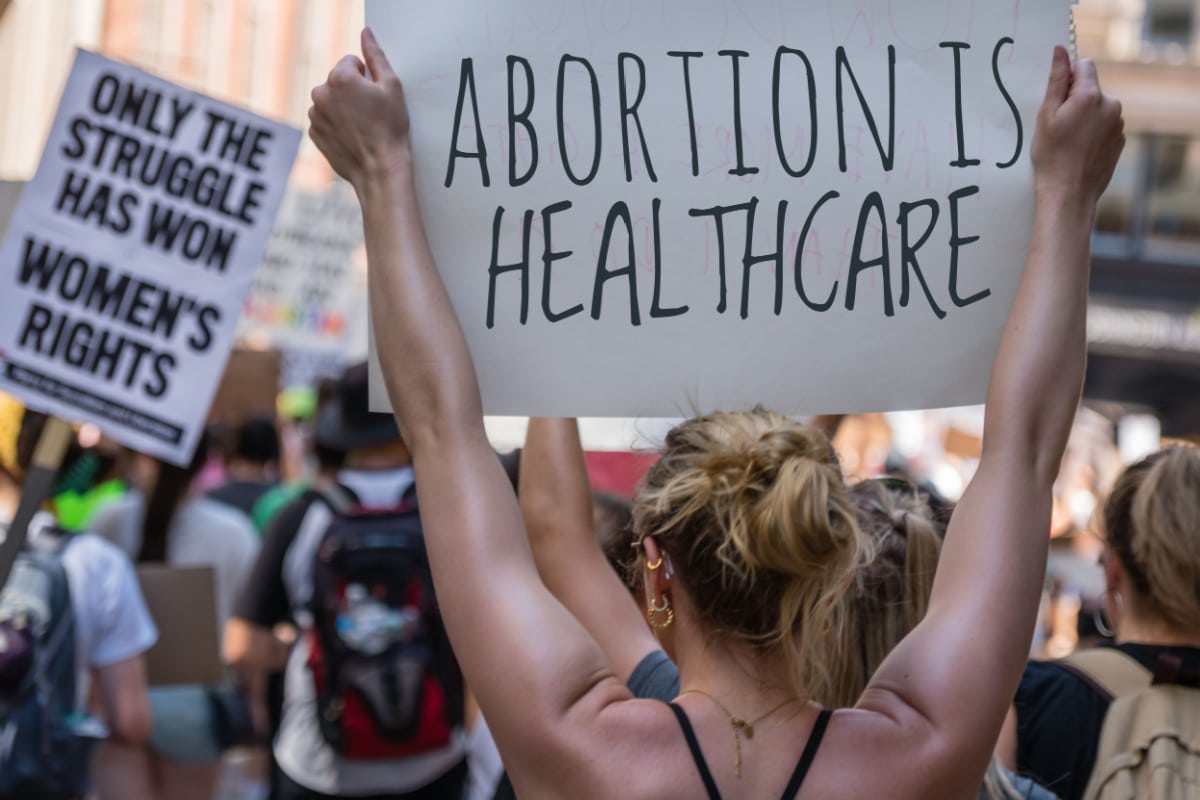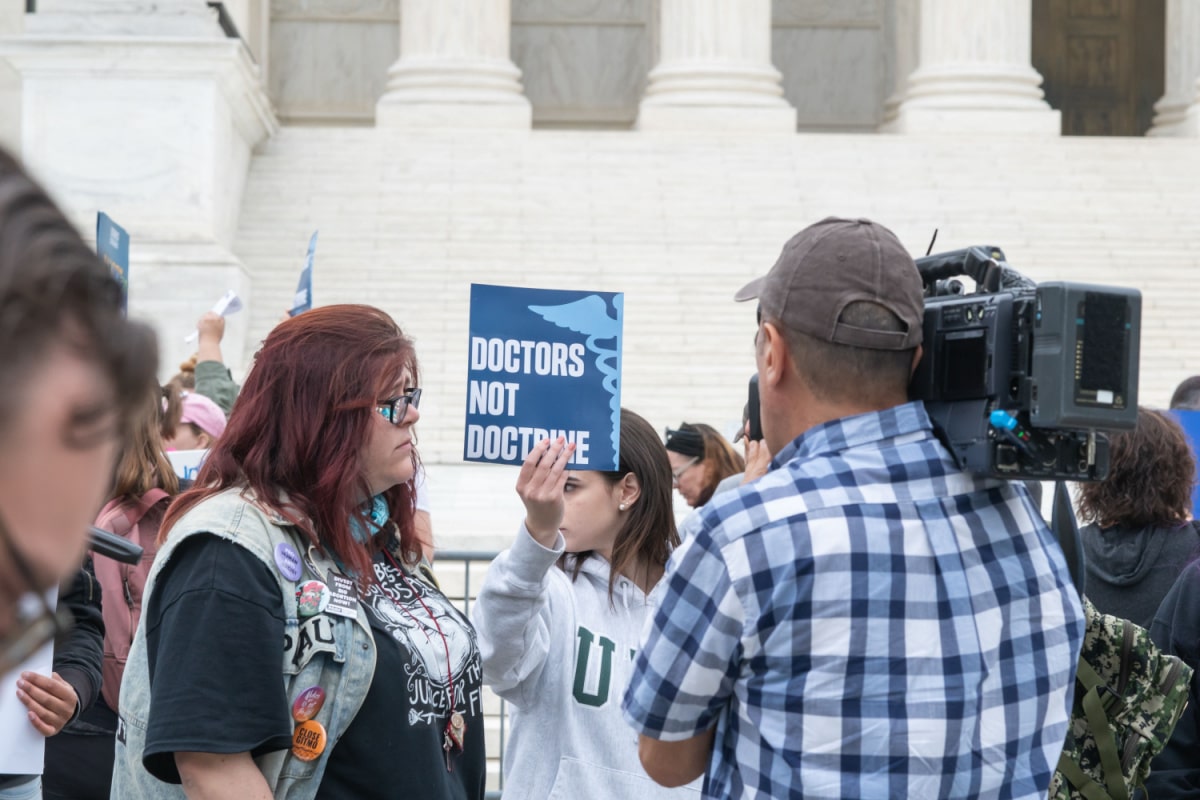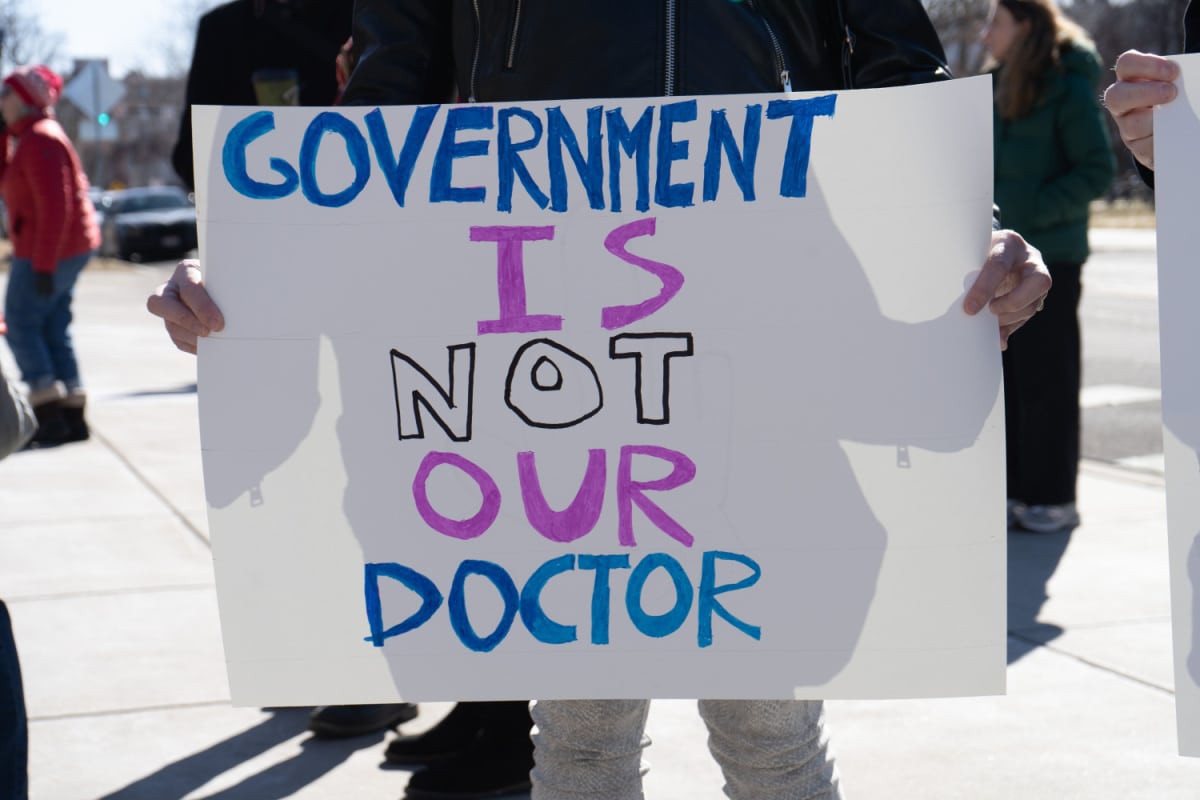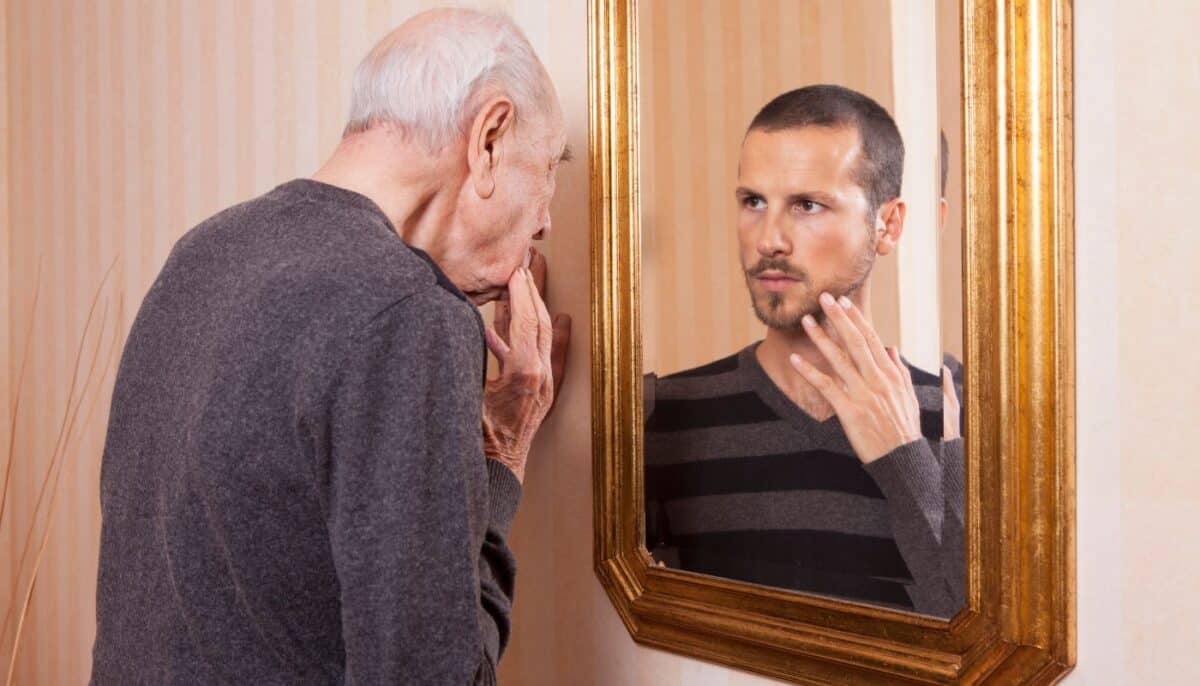In recent times, healthcare legislation has taken a thought-provoking turn with the emergence of ‘conscience’ bills. These bills grant medical providers significant legal protection when it comes to opting out of specific medical procedures and treatments based on their ethical, moral, or religious beliefs.
Two Sides Of The Argument

While supporters argue for the preservation of individual convictions, opponents raise concerns about the potential infringement on patients’ rights and access to essential care. In this comprehensive article, we delve into the intricate world of ‘conscience’ bills, exploring their implications and the ongoing debate surrounding them.
Montana’s Pioneering ‘Conscience’ Law

Montana has paved the way for ‘conscience’ laws with its groundbreaking legislation, the Implement Medical Ethics and Diversity Act. This law extends legal protections to healthcare practitioners who decline to participate in procedures and treatments such as abortion, medically assisted death, gender-affirming care, or medical marijuana prescription, based on their conscientious objections. Set to take effect in October, this law raises questions about patients’ recourse when they believe their care has been compromised due to a provider’s moral stance. It’s a significant departure from the traditional scope of conscience clauses.
A Nationwide Trend

Montana is not alone in its pursuit of ‘conscience’ legislation. Across the United States, lawmakers have introduced and passed similar bills, marking a notable trend. This year alone, 21 bills expanding or instituting conscience clauses have been introduced, with two becoming law. Florida, for example, has passed legislation allowing providers and insurers to refuse any health service that conflicts with their ethical beliefs. Montana’s law takes this further by explicitly preventing the assignment of health workers to provide, facilitate, or refer patients for abortions unless they’ve consented in writing.
The Diverse Spectrum of Healthcare Providers

The breadth of ‘conscience’ bills is remarkable. They encompass a wide range of healthcare practitioners, institutions, and insurers, essentially affecting almost any aspect of healthcare.
Coming To An ER Near You

While the federal Emergency Medical Treatment and Labor Act retains jurisdiction in emergency rooms, this legislation has far-reaching implications. It reflects a response to evolving technology that challenges the boundaries of ethics in medicine, raising complex ethical dilemmas for providers.
Balancing Act: Patient Rights vs. Provider Conscience

Supporters of ‘conscience’ laws contend that they fill gaps in federal legislation, empowering medical professionals to align their practice with their deeply held beliefs, extending beyond the realm of abortion and sterilization. Republican state Rep. Amy Regier, the sponsor of Montana’s bill, emphasizes the importance of protecting healthcare providers’ conscientious objections. However, critics argue that the bills prioritize provider beliefs over patient well-being, potentially limiting the standard of care.
A Historical Perspective: The Church Amendments

The foundation of ‘conscience’ laws can be traced back to the Church Amendments implemented in 1973, following the Roe v. Wade decision. These federal regulations prohibit healthcare institutions that receive funding from the Department of Health and Human Services from compelling providers to perform abortion or sterilization procedures against their religious or moral principles. Additionally, providers who refuse these services may not face discrimination.
Evolving Definitions of ‘Conscience’

Despite the historical context of ‘conscience’ clauses, their recent resurgence expands their scope beyond abortion and sterilization to include contraception, gender-affirming care, and other services. Advocates argue for healthcare providers’ rights to practice medicine in line with their beliefs. Opponents, including organizations like the American Civil Liberties Union, Planned Parenthood, and the Human Rights Campaign, view these laws as a means to restrict women’s and LGBTQ+ community members’ rights.
The Driving Forces Behind ‘Conscience’ Legislation

Behind many of these ‘conscience’ laws are organizations championing the ‘conscience’ agenda, such as the Christian Medical Association, Catholic Medical Association, and National Association of Pro-Life Nurses. These groups have been actively promoting legislation that empowers healthcare providers to refuse various procedures, often rooted in religious motivations.
Unveiling Hidden Limitations

The consequences of ‘conscience’ laws can be far-reaching. For instance, in the U.S., approximately 1 in 6 patients receive care in Catholic healthcare facilities, which may strictly regulate or prohibit certain procedures without patient disclosure. Secular medical institutions can also present challenges, with no rules mandating that patients be informed of providers practicing conscientious objection. This lack of transparency can lead to unknowingly receiving substandard care, posing potential harm to patients.
A Broader Perspective

In conclusion, the debate surrounding ‘conscience’ bills is multifaceted, raising questions about the delicate balance between healthcare provider rights and patient rights. As healthcare evolves, so do the ethical and moral dilemmas it presents. While ‘conscience’ legislation seeks to protect provider beliefs, it also brings into focus the potential consequences for patients. Understanding the complexities of this issue is crucial as we navigate the evolving landscape of healthcare legislation.
Exploring Your Options: How To Get Health Insurance When You’ve Lost Your Job

Losing your job can be tough, and one of the pressing concerns that often follows is how to secure health insurance without the safety net of an employer’s coverage. We understand that this can be a challenging situation, but we’ve got you covered. In this comprehensive guide, we’ll walk you through various options to obtain health insurance while unemployed. Let’s dive right in!
Read: Exploring Your Options: How To Get Health Insurance When You’ve Lost Your Job
Once You Reach This Age, You Appear To Stop Aging

In the realm of gerontology, a captivating phenomenon known as the Mortality Plateau suggests that once a certain age threshold is crossed, the rapid acceleration of aging appears to halt, and mortality rates level off. Read More: Once You Reach This Age, You Appear To Stop Aging







